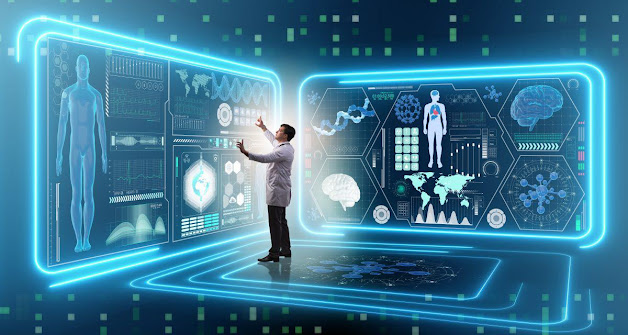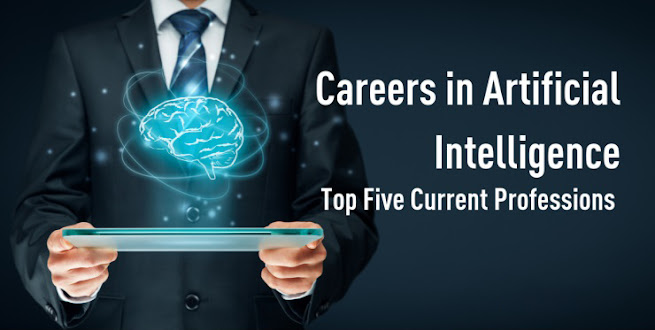What are the ethical implications of using AI in healthcare?

Artificial Intelligence (AI ) has been revolutionizing the healthcare industry by automating tasks, assisting medical professionals, improving diagnosis and treatment, and aiding in drug discovery. The use of AI in healthcare has provided better outcomes for patients, reduced costs, and increased the efficiency of medical care. However, with the increasing use of AI in healthcare, there are ethical implications that must be considered. The ethical implications of using AI in healthcare are numerous and complex, and they require careful consideration. In this blog, we will explore some of the ethical implications of using AI in healthcare. Bias and Discrimination: One of the major ethical implications of using AI in healthcare is bias and discrimination. The data used to train AI algorithms may be biased, leading to discriminatory outcomes. For example, an AI algorithm may be trained on data that is predominantly from white males, leading to biases against women or people of color. It i...


